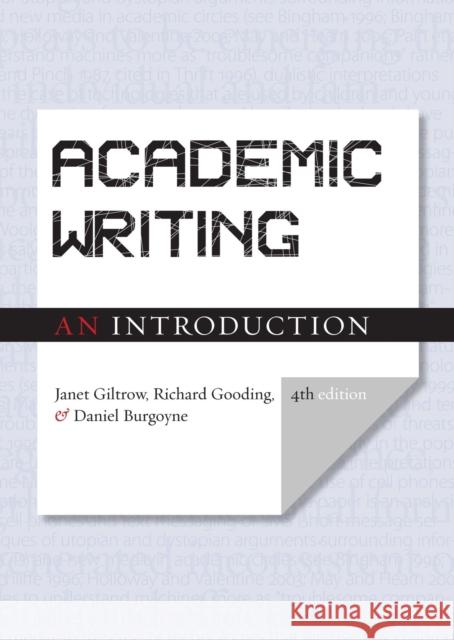Academic Writing: An Introduction - Fourth Edition » książka
topmenu
Academic Writing: An Introduction - Fourth Edition
ISBN-13: 9781554815234 / Angielski / Miękka / 2021
Kategorie:
Kategorie BISAC:
Wydawca:
Broadview Press Ltd
Język:
Angielski
ISBN-13:
9781554815234
Rok wydania:
2021
Waga:
0.56 kg
Wymiary:
22.61 x 16.51 x 2.29
Oprawa:
Miękka
Wolumenów:
01
Dodatkowe informacje:
Bibliografia
Glosariusz/słownik
Wydanie ilustrowane
Glosariusz/słownik
Wydanie ilustrowane











